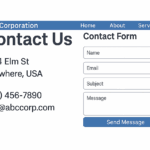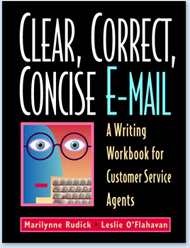Six reasons to write high-quality self-service content
- Reduce support costs. Better self-service writing means fewer contacts from confused customers. And costs per incident are high in the world of multichannel support. “Phone is one of the more expensive ways to handle customer calls, with an average fully burdened cost per call of $17. Email contacts cost $14 each, and chat costs $10.” (Source: HDI report “Multichannel Support: Strategic Considerations”)
- Reduce the number of “menial” support contacts. Better self-service content enables users to answer the simple questions (password resets, for example) for themselves thus freeing support staff to help customers who have complex issues that go beyond self service.
- Build rapport and community with customers. When socially networked customers talk about your product, you’d rather have them talk about how much they like the product or how easy it is to find answers to questions than about how difficult the online help is to use. And if the buzz about your self-service options is negative, it’s nearly impossible to build a community where customers answer each other’s questions or help solve each other’s problems.
- Meet user’s expectations. Users expect to be able to find answers to their questions and solve their problems themselves. For today’s users, self-service isn’t novel; it is expected.
- Reuse self-service content. Only well-written self-service content can be reused in many channels: FAQ, documentation, user manual, contextual help, e-mail template, etc. Reusing poorly written self-service content is a costly mistake; the damage caused by poor-quality content increases exponentially.
- Comply with current plain language communication standards. In business writing, there’s simply no way to justify publishing information the intended user can’t understand or act upon. In fact, there’s an entire plain language communication movement that defends readers’ right to understand what they read. Writers are obliged to write in a way their intended readers can understand. Writing in plain language is so important that the federal government has passed a plain language law. According to the Plain Writing Act of 2010, the government must write so “… the intended audience can readily understand and use…” what they read “…because that writing is clear, concise, well-organized…” Companies’ self-service content should follow plain language principles as well.







0 Comments